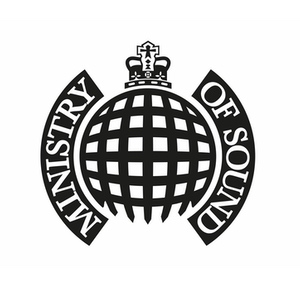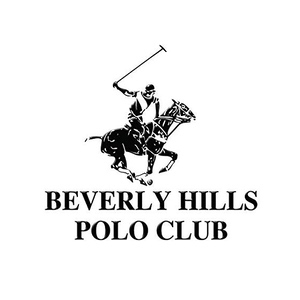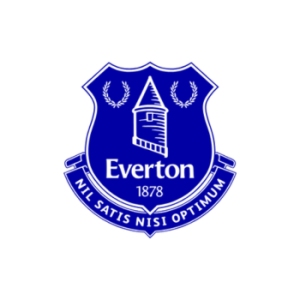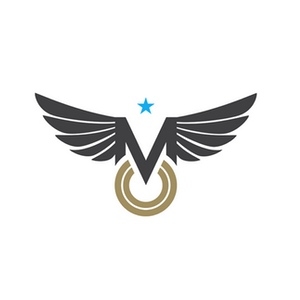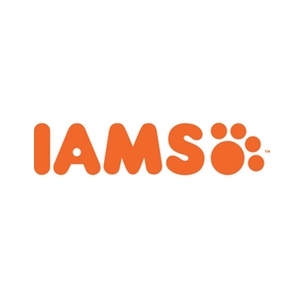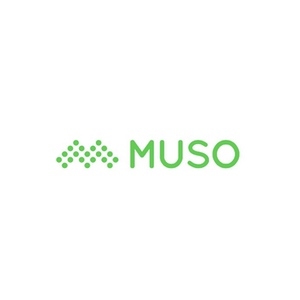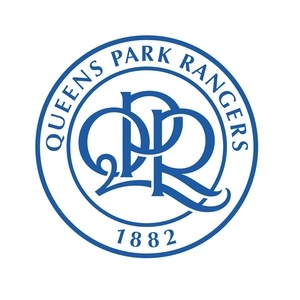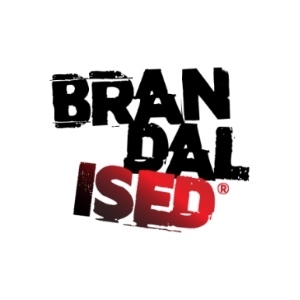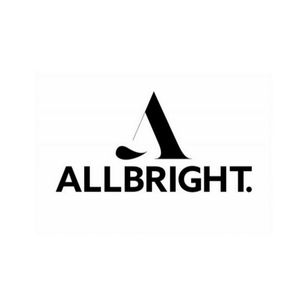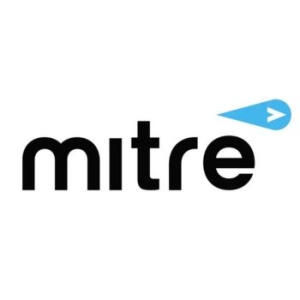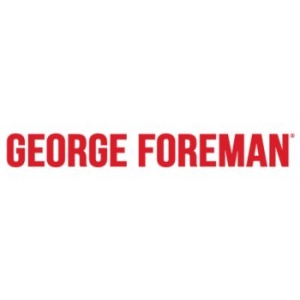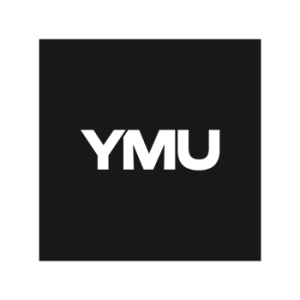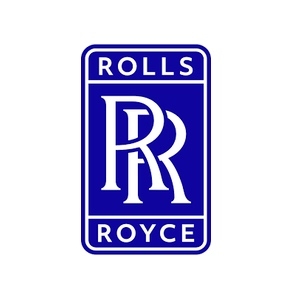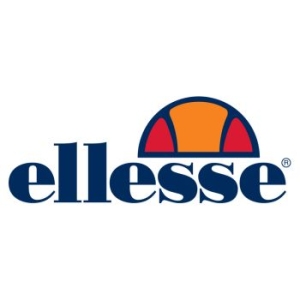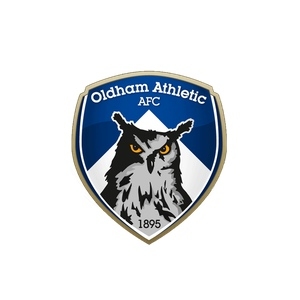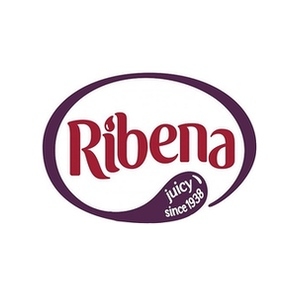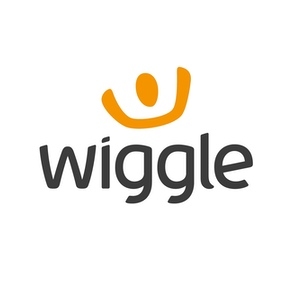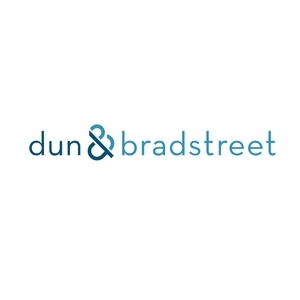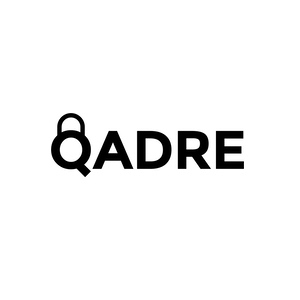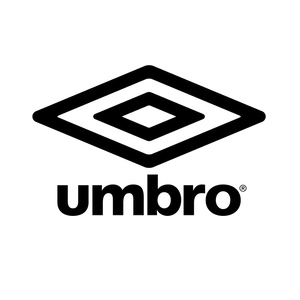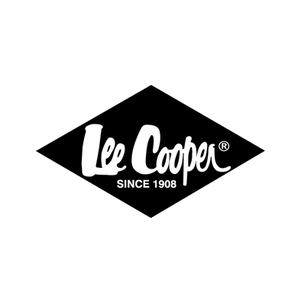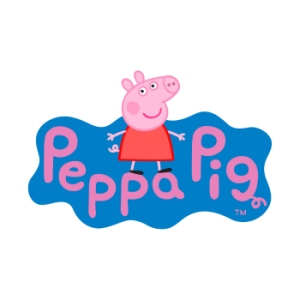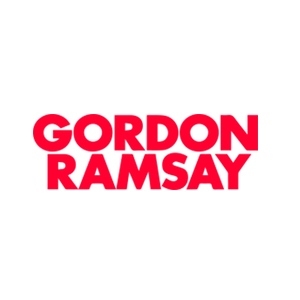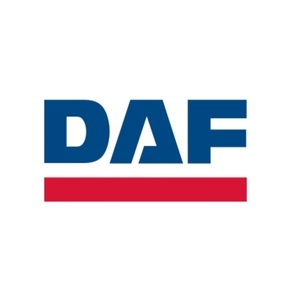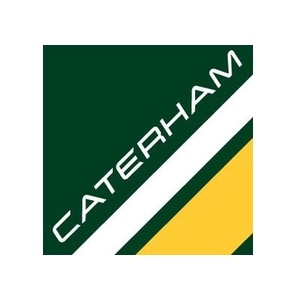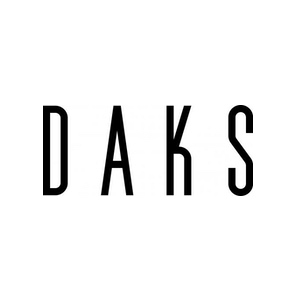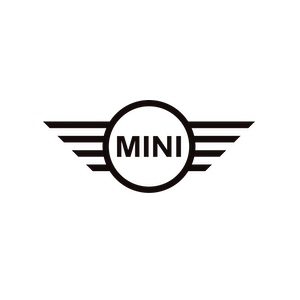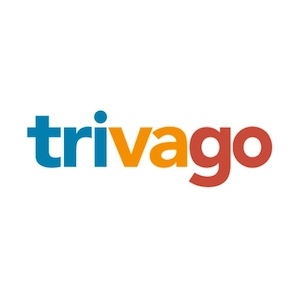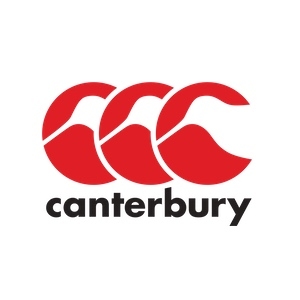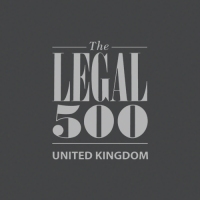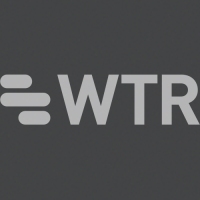Search-a-brandPowered by BRANDSMITHS
Search-a-brand assists you in researching, choosing and building a brand for your company, service or product. Try it out and search with the intended name!

GAMBLING SPONSORSHIP IN FOOTBALL
Author: Courtney Bryan-Isaacs
Is it time to fold on the old rules?
The relationship between football and gambling has become increasingly scrutinised. With the advancement of technology, betting on football is more accessible than ever. Most recently, key topics within the football and gambling sphere have included, the introduction of the ‘strong appeal’ test for gambling ads, increased public awareness relating to players addiction and as this article focuses on, front of shirt principal sponsorship by gambling operators being phased out in the Premier League.
Premier League clubs have collectively agreed to withdraw gambling sponsorship from the front of their matchday shirts by the end of the 2025-26 season (i.e. within two seasons time). The ban will only cover the front of shirts (i.e. such sponsorship can still be displayed on the matchday shirt sleeve or by other means).
Front of shirt gambling sponsors have been and remain extremely prominent within the Premier League. Currently over half the Premier League teams have gambling operators as front of shirt sponsors. The popularity of such partnerships points to their lucrative nature. Clubs will not find these partnerships easy to replace. It is noted that recently Newcastle United successfully switched from Fun88 to non-gambling sponsor Sela, whereas Bournemouth, Aston Villa and Burnley made the opposite move toward gambling operator front of shirt sponsors.
Why is the phase out taking place?
For some time individuals and organisations have been campaigning against the prominence of gambling adverts in football due to the potential harm caused to vulnerable people and their families. One notable campaign is Big Step which has highlighted the dangers of gambling. The campaign has revealed that 1.4 million people are addicted to gambling in the UK and that there are 400+ gambling suicides in England every year. These figures are of course worrying and the phase out seeks to reduce the negative impact on vulnerable individuals.
A number of high profile Premier League footballers have also criticised the prominence of gambling sponsorship, highlighting that they are constantly exposed to it whilst at the same time being prohibited from gambling on football under The FA and Premier League rules.
In a recent statement, The Premier League, EFL, The FA and Women’s Super League have formally agreed to adopt a new Code of Conduct for Gambling Related Agreements (“the Code”) in Football. The Code reiterates English football’s commitment to safeguarding people against the harms of gambling, namely the four principles as follows:
- Protection – to protect children, those under 18 and other vulnerable persons.
- Social responsibility – gambling sponsorship must be promoted and delivered in a socially responsible way.
- Reinvestment - the commercial income raised from gambling sponsorship must be reinvested back into infrastructure and programmes that serve football fans and communities.
- Integrity - gambling sponsorship must not compromise the integrity of football competitions nor harm the welfare of those participants who take part in them.
The future of gambling in football
Whilst most will agree that the ban on front of shirt sponsorship in the Premier League is a positive move, the commercial reality is that many clubs are presently reliant on such income. The ban may therefore create financial difficulties for such clubs who may struggle to replace such sponsors with non-gambling partners of equal value. Of course, given the way financial fair play operates that may also impact on the investment such clubs are able to make in their playing squads.
The phasing in of the ban does however still leave open a brief window (i.e. two seasons) for clubs to attain fresh front of shirt sponsorship from gambling operators. Front of shirt sponsorship of a Premier League team is still a highly attractive proposition for gambling operators given the leagues global audience.
As it stands, matchday shirt sleeve sponsorship and LED pitch side advertising is still permitted. Though not as prominent as being displayed on the front of shirt, sleeve sponsorship will allow for existing commercial relationships between clubs and gambling operators to continue, albeit potentially for a reduced contract value. There are also other options for clubs to partner with such operators, such as sponsoring the clubs training kits or even partnering with the club’s training ground, for example Sobha Realty recently partnered with Arsenal in this respect.
Alternatively, this may be an opportunity for gambling operators to partner with English Football League (EFL) clubs or other leagues. The EFL is currently sponsored by gambling operator Sky Bet, an outright ban could be extremely costly and widen the gap in wealth significantly between the Premier League and the EFL. It’s no secret that the Premier League TV rights deal is an eye watering amount (£6.7bn) which is distributed amongst the clubs, whereas the EFL TV rights deal pales in comparison (£895m). Clearly the EFL is not as well placed as the Premier League to simply agree to a ban to front of shirt sponsorship at this stage.
Opening the door for new sponsorship opportunities
Planning ahead of the ban will be imperative from a strategic point of view. From a gambling operators perspective, it will be a case of deciding whether to maximise visibility until the ban is effective or finding a commercial solution to still be aligned with football clubs they value as partners.
Conversely, from a football club’s point of view, they must consider how sponsorship is perceived among the fanbase. Whilst there are opportunities to continue to engage gambling operators to some extent, clubs and fans alike may view this ban as a chance to align with sponsors that resonate with the club and fans’ values.
Such change will also open up commercial opportunities for other non-gambling sponsors who have been previously outbid or may have never considered sponsoring a Premier League club. From a brand perspective, this change is a chance to be creative. Although it was a kit partnership, last season we saw Stella McCartney partner with Arsenal and Adidas and in the women’s side of the game, Avon paved the way as an unlikely sponsor as Liverpool’s kit sponsor. This highlights a new chapter in front of shirt sponsorships for clubs and brands alike and only time will tell what the future landscape of kit sponsorships will look like.
About Brandsmiths
Brandsmiths is the go-to firm for the world’s leading brands. With a highly skilled team of IP lawyers, the firm specialises in all matters related to trade marks, copyright, patents, rights & designs, confidential information, and database rights.
For more information on our sports lawyers and the services we offer, visit our sports law page.
You can also contact us via email at info@brandsmiths.co.uk.
Brandsmiths is a trading name of Brandsmiths S.L. Limited which is authorised by the Solicitors Regulatory Authority, SRA No: 620298. Founding Partner: Adam Morallee
Privacy and Cookie Policy | Terms and Conditions | Complaint Procedure | Site by: Elate Global
